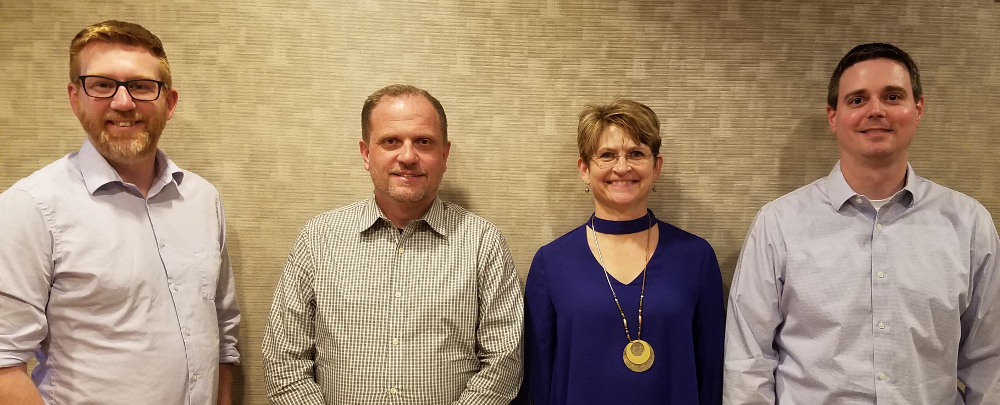30th International Cartographic Conference and International Cartographic Exhibition
Florence, Italy, December 14-18, 2021
The U.S. National Committee (USNC) for the International Cartographic Association (ICA), a standing committee of the Cartography and Geographic Information Society (CaGIS), acts as the liaison between ICA and CaGIS, as well as the larger the U.S. cartographic community. The USNC is pleased to announce the following activities in support of the 30th International Cartographic Conference (ICC), the biennial conference of the ICA, which will take place 14–18 December, 2021, in Florence, Italy (discussion of a virtual-only or partly virtual conference is still underway):
USNC Funding to support U.S. participation in the ICC (whether or not it is held virtually) Nominations for ICA awards, primarily ICA Scholarships for early career scholars or professionals U.S. entries in the International Cartographic Exhibition U.S. entries in the U.S. National and Barbara Petchenik International Children’s Map Competition
Although there is no National Report required for ICC 2021 (they must be submitted every four years in conjunction with the ICA General Assembly; the last report was submitted in 2019), CaGIS maintains an archive of previous U.S. National Reports.
Please contact the USNC Chair, Aileen Buckley, at abuckley@esri.com with any questions about the committee and its activities.



